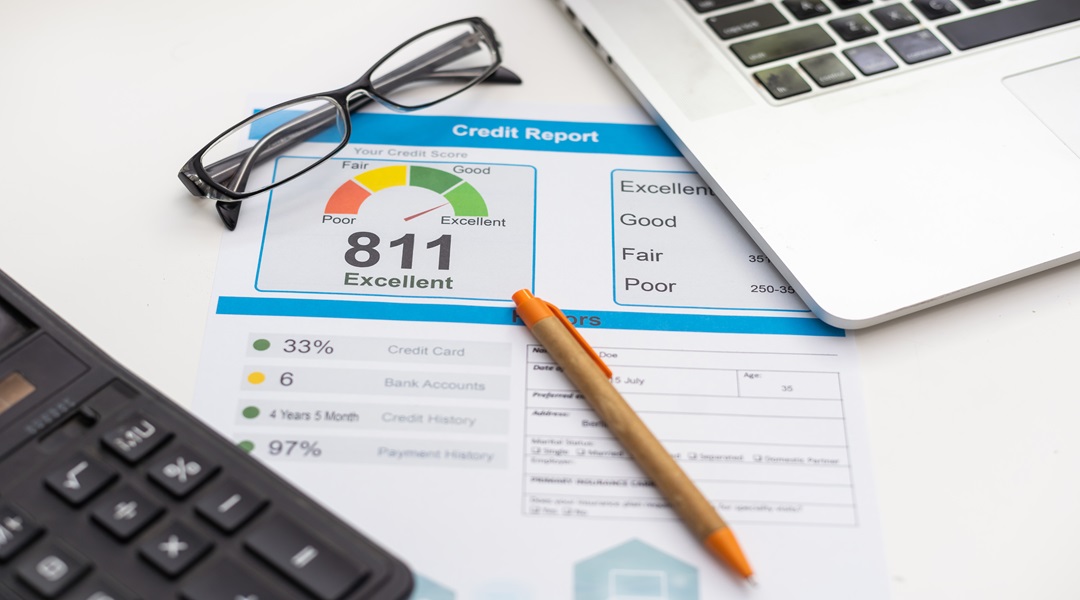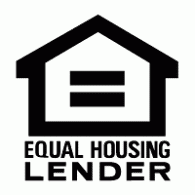Thinking about snagging a home in Scottsdale? Before diving in, let’s talk about what credit scores are needed for home loans. Wondering what number gets you the keys to your dream home? Scottsdale, with its lush landscapes and thriving real estate market, demands financial prep. Understanding your credit score is crucial to simplifying the mortgage process. We’ll explore minimum scores, good credit scores for home loans, how they impact interest rates, and practical ways to boost your credit pre-application. Plus, we’ll weigh conventional loans against government-backed options for Arizona buyers. Overcoming credit hurdles? That’s on the menu, too. Ready? Let’s break it down.
Exploring Scottsdale Home Loan Credit Requirements
If you’re planning to secure a home loan in Scottsdale, here’s the deal: credit scores are non-negotiable. Think of your score as a financial handshake—it tells lenders if you’re a trustworthy borrower. It’s not just a number; it’s your ticket to homeownership. Higher scores unlock better interest rates and more flexible loan terms. So, what score do you need? While lenders vary, aiming for the mid-600s or higher is smart. This range gets you into favorable territory. Some lenders might accept lower scores under specific conditions, but a solid credit history always strengthens your case. Before you imagine those scenic Scottsdale views from your new porch swing, ensure your credit health is strong. A good credit score for home loan doesn’t just get you the keys; it gets you better rates, too.
Minimum Credit Score for a Mortgage and Home Loan In Arizona
Navigating minimum and lowest credit score requirements for a home loan can feel overwhelming, but here’s how it works in Scottsdale:
- Credit Score Basics: Scores range from 300 to 850. For lenders, your score reflects how well you handle financial obligations.
- The Magic Number: Most lenders require a score of at least 620. Government-backed loans might be more forgiving, with some accepting scores as low as 580.
- Beyond the Numbers: Credit scores aren’t the only factor. Lenders also evaluate your income, debt-to-income ratio, and employment history.
Understanding these elements is key to securing the best home loan for your needs.
Impact of Your Credit on Interest Rates | What Credit Score Is Needed For Home Loan
Your credit score directly affects the interest rates on your mortgage. A higher score means you’ll pay less in interest over the life of your loan. For instance, a borrower with excellent credit over their lifetime may save up to $86,000 on a $350,000 mortgage compared to someone with fair credit. These savings aren’t small changes! Lenders consider multiple factors when evaluating credit, including which bureau’s data they use and their scoring model. Building good credit doesn’t require taking on massive debt. Simple strategies like keeping credit card balances low and paying bills on time can boost your score significantly. A higher score not only saves money but also provides greater financial flexibility.
Improving Your Score Before Applying in Scottsdale
If you’re eyeing a home loan, boosting your credit score is a must. Here’s how to do it:
- Understand Credit Reports: Experian, Equifax, and TransUnion calculate scores differently, so check all three for discrepancies.
- Be Selective with Credit Checks: Avoid unnecessary inquiries, as multiple checks can harm your score.
- Leverage Free Reports: Use annual free credit reports to spot errors or unfamiliar activity. Reviewing these reports won’t impact your score.
By taking these steps, you can position yourself for better loan terms and interest rates.
Strategies to Overcome Low Credit Challenges
Concerned about a low credit score? Don’t worry—there are ways to navigate this hurdle. First, check your score. Many skip this step, only to face surprises later. Correcting errors on your report can instantly boost your score. If your score is below 620, work on improving it. Start by paying bills on time—late payments can haunt your score for years. Cleaning up existing debts is another effective strategy. Rebuilding your credit takes time, so patience is key. For tailored advice, consult a housing counselor. They can help you create a plan to improve your credit and secure better loan options. While conventional loans typically require a score of 620 or higher, government-backed loans may be available to those with scores as low as 580. However, better credit scores often unlock more favorable terms. Investing in credit improvement now can save you thousands in the long run.






